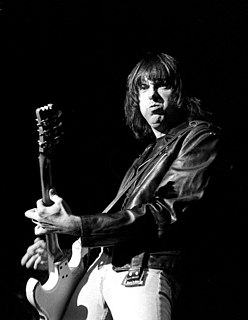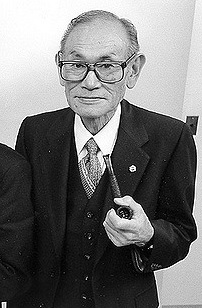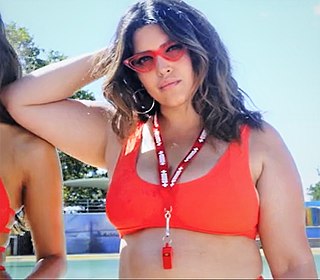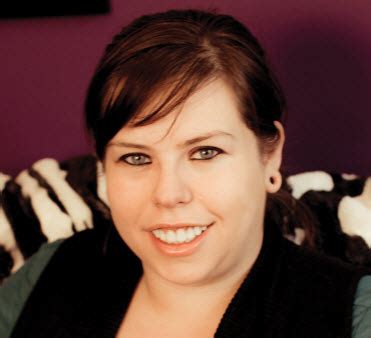A Quote by Erich Maria Remarque
The wisest were just the poor and simple people. They knew the war to be a misfortune, whereas those who were better off, and should have been able to see more clearly what the consequences would be, were beside themselves with joy.
Related Quotes
It had long been true, and prisoners knew this better than anyone, that the poorer you were the more likely you were to end up in jail. This was not just because the poor committed more crimes. In fact, they did. The rich did not have to commit crimes to get what they wanted; the laws were on their side. But when the rich did commit crimes, they often were not prosecuted, and if they were they could get out on bail, hire clever lawyers, get better treatment from judges. Somehow, the jails ended up full of poor black people.
When I was in high school in the early 1970s, we knew we were running out of oil; we knew that easy sources were being capped; we knew that diversifying would be much better; we knew that there were terrible dictators and horrible governments that we were enriching who hated us. We knew all that and we did really nothing.
The weird thing was that I went to Trump rallies thinking I was going to run into militant, right wing, racist people and mostly I didn't. That should have been a clue to me. The people I talked to were not, on the surface level, crazy. They were quite nice, quite normal, employed, and actually were wealthier than the press at that time would have led us to believe. At that time, the narrative was that these were all working poor but these were not working poor. That should've been a clue to me that this was a little bigger than I thought.
Kools and Newports were for black people and lower-class whites. Camels were for procrastinators, those who wrote bad poetry, and those who put off writing bad poetry. Merits were for sex addicts, Salems were for alcoholics, and Mores were for people who considered themselves to be outrageous but really weren't.
Before the war, my parents were very proud people. They'd always talk about Japan and also about the samurai and things like that. Right after Pearl Harbor, they were just real quiet. They kept to themselves; they were afraid to talk about what could happen. I assume they knew that nothing good would come out of it.
Somehow, the fact that more poor people are on welfare, receiving more generous payments, does not seem to have made this country a nice place to live - not even for the poor on welfare, whose condition seems not noticeably better than when they were poor and off welfare. Something appears to have gone wrong; a liberal and compassionate social policy has bred all sorts of unanticipated and perverse consequences.
All those people who went out [to Occupy Wall Street] missed work, didn't get paid. Those were individuals who were already feeling the effects of inequality, so they didn't have a lot to lose. And then the individuals who were louder, more disruptive and, in many ways, more effective at drawing attention to their concerns were immediately castigated by authorities. They were cordoned off, pepper-sprayed, thrown in jail.
When I look in the mirror I see the woman I knew I wanted to be as a child. When I was a young girl, I had a vision of the woman I wanted to be. And I often reached out to women of color in America for inspiration. My mother would regularly buy Essence and Ebony. I would look at those magazines filled with images of professional, intelligent women of color who knew who they were, who enjoyed who they were, and who were surrounded by other people who enjoyed who they were. When I look in the mirror, I'm really glad that that's what I see today, but it took awhile to get here.
We thought that the odds of things working OK were up in the upper 90 percent or we wouldn't have gone. But the - there were some problems cropped up on the flight but was able to take care of those OK and - although they were things that we hadn't really trained that much for. But it was the time of the Cold War and so there were was a lot of pressure on the - to get going and the Russians were claiming that they were - Soviets were claiming they were ahead of us in technology.
If intelligence were a television set, it would be an early black-and-white model with poor reception, so that much of the picture was gray and the figures on the screen were snowy and indistinct. You could fiddle with the knobs all you wanted, but unless you were careful, what you would see often depended more on what you expected or hoped to see than on what was really there.
During my childhood and teenage years, everything I knew was at war. My mother and father were at war. My sister and I were at war. I was at war with my atypical nature, desperately trying to fit in and be normal. Even my genes were at war - the cool Swiss-German side versus the hot-headed Corsican.







































